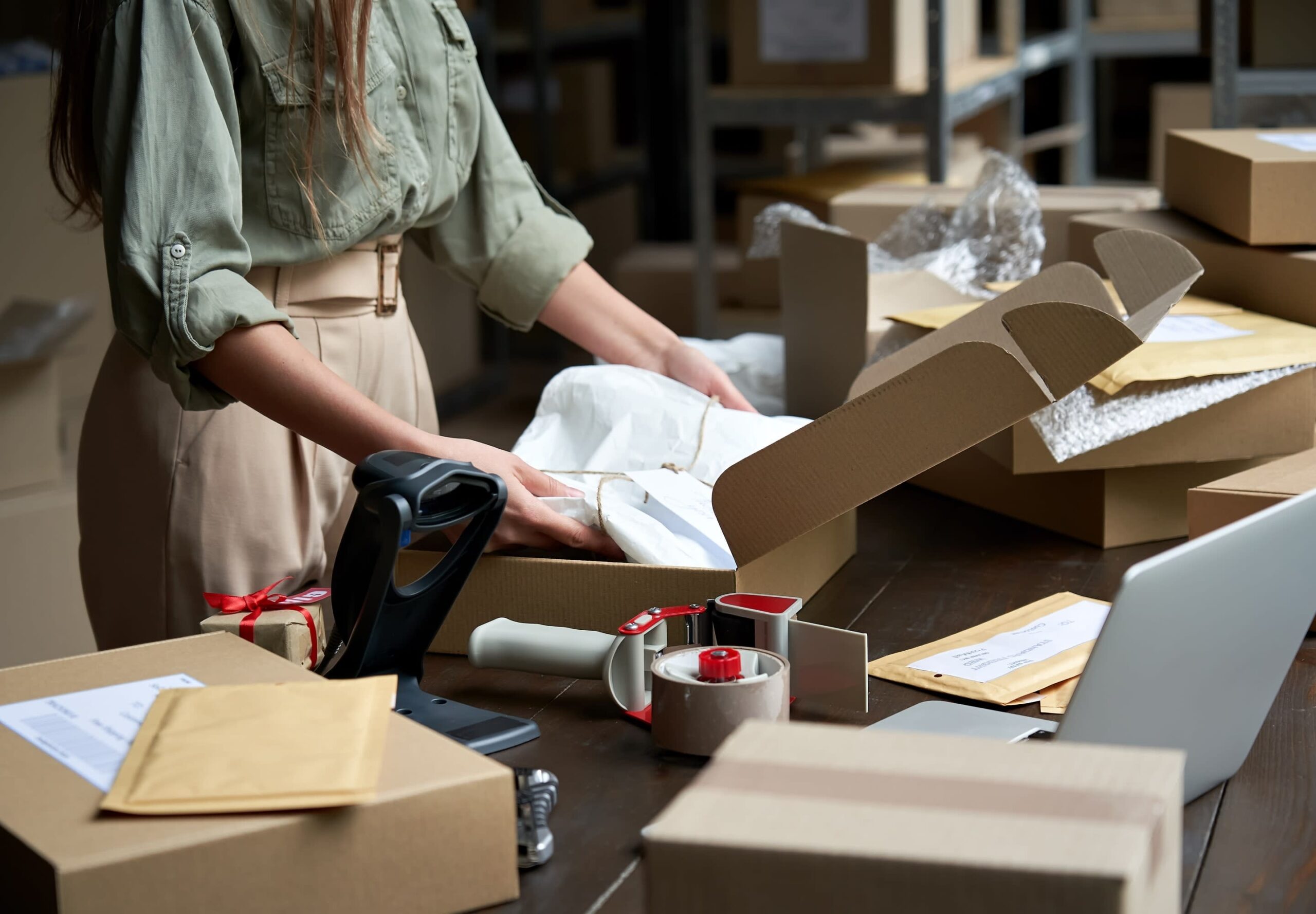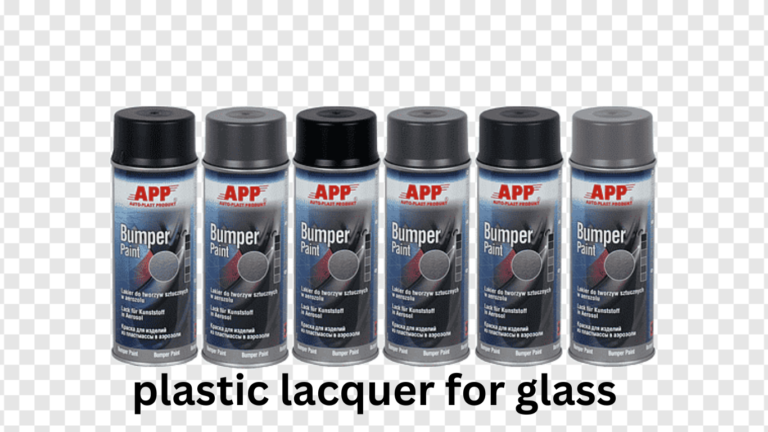Safety of Products in Custom Folding Carton Packaging
Custom folding carton packaging plays a crucial role in ensuring the safety of products during transit and storage. Custom mailer boxes and folding carton packaging effectively ensure product safety. By combining protective features, compliance with safety standards, and customization options, businesses can safeguard their products while enhancing brand presentation. This type of packaging is particularly beneficial across various industries, including food, pharmaceuticals, and consumer goods, where product integrity is paramount. Here’s how this type of packaging contributes to product safety:
- Protection against Physical Damage
Folding cartons are designed to fit products snugly, minimizing movement within the box. This custom-fit significantly reduces the risk of damage from impacts or drops during shipping. The structural integrity of well-designed cartons can absorb shocks and effectively protect fragile items, providing manufacturers with a sense of reassurance.
- Environmental Protection
Folding cartons can be engineered with various functional barriers to protect products from environmental factors such as moisture, air, and light. These barriers help maintain product integrity, extend shelf life, and prevent contamination.
- Compliance with Safety Standards
Adhering to industry safety standards, such as FDA regulations for food packaging and ISO certifications, is vital for ensuring product safety. Custom mailer boxes can be designed to meet these standards, which build consumer trust and confirm the integrity of the product.
- Tamper-Evident Features
Many custom folding cartons incorporate tamper-evident designs that signal if a product has been interfered with during transit. These features enhance security and protect consumers from potential harm due to tampering.
- Customization for Specific Needs
Custom packaging allows businesses to tailor the design to the unique requirements of their products. This includes selecting materials, sizes, and structural designs that provide the best protection for specific items, whether they are delicate electronics or perishable food products. This level of customization ensures that businesses’ unique needs are understood and met.
- Sustainable Options
Modern folding cartons can be made from eco-friendly materials, such as durable and sustainable recycled paperboard or Kraft paper. This not only helps reduce the carbon footprint but also appeals to environmentally conscious consumers. Using sustainable materials in packaging not only benefits the environment but also enhances the brand’s reputation and attracts a growing segment of environmentally conscious consumers.
The Key Safety Standards for Folding Carton Packaging
Key safety standards for folding carton packaging are essential for ensuring product safety and compliance, particularly in industries like food and pharmaceuticals. Adhering to these crucial safety standards is critical to ensuring the safety and compliance of folding carton packaging. By doing so, manufacturers can build trust with consumers, reduce legal risks, and enhance their products’ overall quality and safety.
Here are the primary standards and guidelines to consider:
- FDA Regulations
Compliance with the U.S. Food and Drug Administration (FDA) regulations is crucial for packaging that comes into contact with food. These regulations ensure that materials used in food packaging do not transfer harmful substances to the food and maintain product safety throughout its shelf life.
- ISO Certifications
International Organization for Standardization (ISO) certifications, such as ISO 9001 for quality management and ISO 22000 for food safety management, are essential for folding carton manufacturers. These certifications demonstrate a commitment to quality and safety standards in production processes.
- Tamper-Evident Standards
Specific standards must be followed for products that require tamper-evident packaging to ensure that any tampering is easily detectable. This is particularly important in the pharmaceutical and food industries, where consumer safety is paramount.
- Environmental Compliance
Adhering to environmental regulations, such as those governing recyclable materials and sustainable sourcing, is increasingly important. Packaging that meets these standards protects the environment and appeals to eco-conscious consumers.
- Industry-Specific Guidelines
Different industries may have additional safety standards. For instance, the pharmaceutical industry has stringent child-resistant packaging and labeling requirements to ensure safety and compliance with health regulations. Similarly, the food industry may have specific guidelines for allergen labeling and packaging durability.






